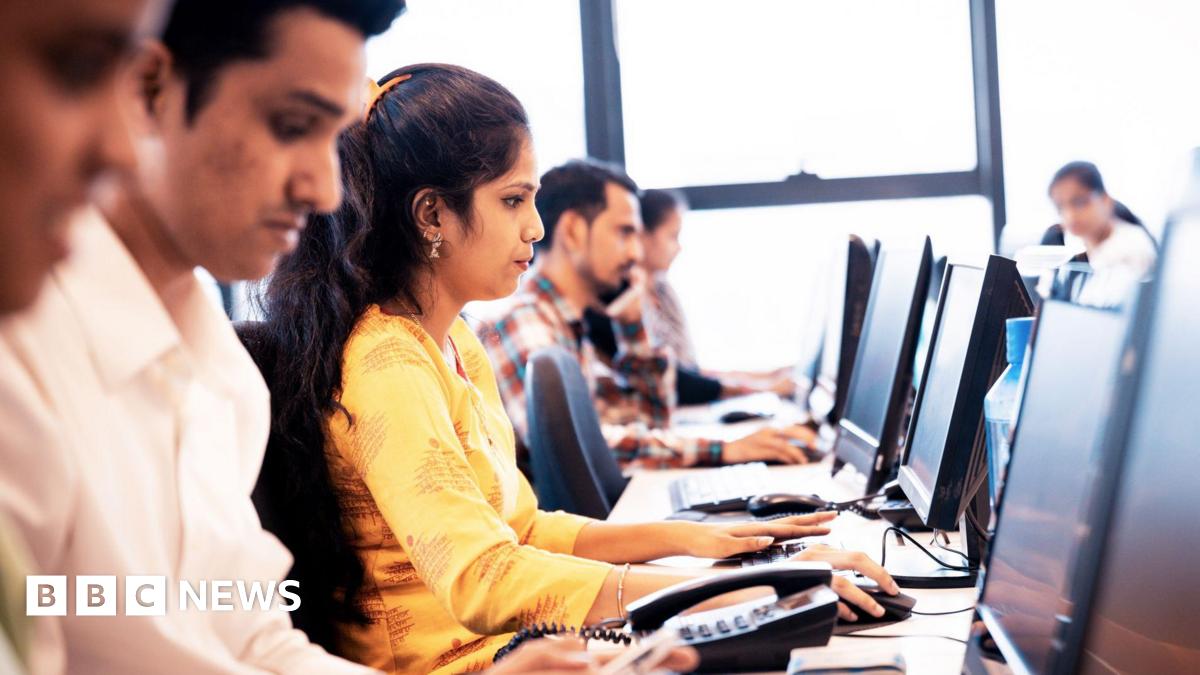All of this could have cascading effects on India’s broader economy, which has struggled to create jobs for the millions of young graduates that enter the workforce every year.
In the absence of a strong manufacturing sector, these software companies – which made India the world’s back office in the 1990s – were the preferred employment option for hundreds of thousands of new IT workers. They birthed a new, affluent middle class, spawning growth in many cities and fueling demand for cars and homes.
But as stable, well-paying jobs shrink, there are now questions over India’s services-led economic boom.
Until just a few years ago, India’s IT majors would absorb 600,000 fresh graduates every year. In the last two years, that number has dramatically fallen to about 150,000, according to TeamLease Digital.
Other emerging sectors such as financial technology startups and GCCs (global capability centres) – which are off-shore units of multinational companies that perform supporting tasks like IT, finance or research and development – are absorbing the rest, but at least “20-25% of fresh graduates will have no jobs,” says Ms Sharma.
She adds that the “GCCs will never match the volume of hiring that the IT companies did”.
Several top business leaders in India have begun flagging the economic consequences of these trends.
India’s trimmed down IT sector could “negatively impact many allied services and industries, crash real estate and give a big blow to premium consumption,” D Muthukrishnan, one of south India’s largest distributor of mutual-funds wrote on X, reacting to TCS’s announcement.
A few months ago Arindam Paul, entrepreneur and founder of the motor technology company Atomberg, warned of the potentially crippling impact of AI on India’s middle class in a LinkedIn post.
“Almost 40-50% white collar jobs that exist today might cease to exist,” Paul wrote. “And that would mean the end of the middle class and the consumption story.”
How quickly Indian tech giants adapt to the gamut of disruptions being brought by the AI revolution will decide whether the country can retain its edge as a global technology player. And whether it can expand its consuming middle-class that can keep its GDP growth on track.
Follow BBC News India on Instagram, external, YouTube,, external X, external and Facebook, external.
